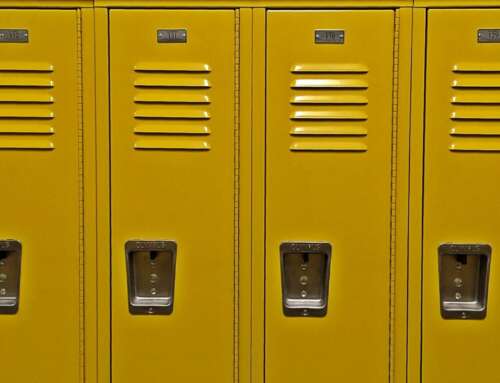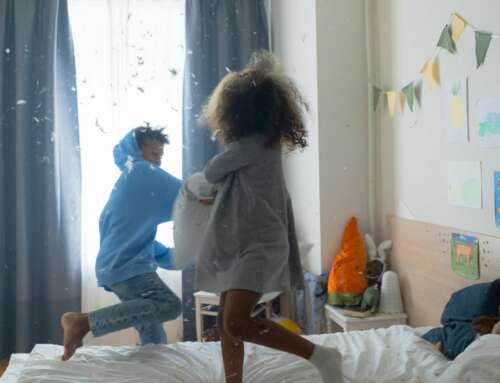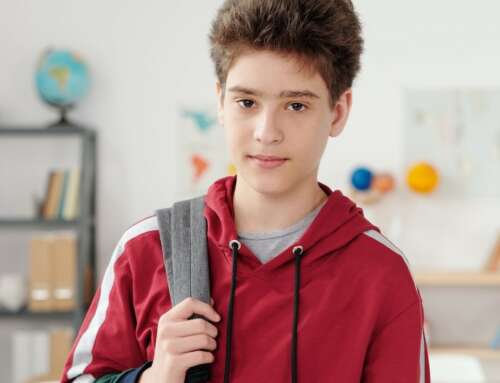In Australia, approximately one student in five is bullied at school every few weeks or more often.
Many of these students suffer serious emotional and psychological harm, such as persistent anxiety, depression and suicidal thinking, and are unable to concentrate on their school work. It is clear they need help.
Teachers routinely inform students that if they are being bullied at school they should seek help from a trusted adult, such as a teacher or school counsellor.
A new two-part ABC documentary, Bullied, addresses the question of how victimised students can receive help from their school.
Part one of the documentary describes the intense suffering of an adolescent victim and the frustration and anguish of his family in finding that the school is not taking any effective action to deal with the case.
They do however allow the documentary makers to gather help and support for the unfortunate student through a group meeting with his peers.
This approach proves to be successful. But why did the school fail to provide such help?
One possibility is that students are reluctant to go to teachers for help. Another is that teachers lack the skill to stop the bullying from going on.
Students seek help from peers over teachers
Some new research, based on an online survey of 1,688 students in Years 5 to 10, provides data on how many bullied students actually do seek help — and from whom.
Of the 631 students who reported that they had been bullied at one time or another at school, over half (53 per cent) said they sought help from other students in the first instance.
Slightly fewer (51 per cent) went to their parents.
But what is revealing is that only 38 per cent said they would go to teachers or counsellors for help.
Students appear far more reluctant to seek help from teachers than from other people.
Given that school authorities are strategically placed to observe what happens between their students, and to work with students who are being bullied — including perpetrators, victims, bystanders and others — it is surprising that they are not the first port of call for distressed students.
Why don’t students want to approach teachers?
The survey provided some explanations from students who were bullied and did not seek help from teachers.
Here’s a summary of the themes that emerged, and a few quotes from the students themselves:
1. Uncertainty about the role of teachers in addressing cases of bullying.
“It is none of their business.”
“They are here to teach us.”
2. Bullying is a personal matter.
“I don’t feel comfortable telling someone I don’t really know.”
“There is no-one in the school I can trust.”
3. Lack of belief that they would take the bullying seriously.
“They might laugh. I have seen them brush off students’ problems.”
4. Fear of repercussions.
“I don’t want to be teased because I told a teacher.”
– Kenneth Rigby







Schools that have student wellbeing as their number 1 priority set the stage for students to be confident in seeking help with bullying. In such schools every student walks through the school gate each day feeling safe, respected and yes even loved. Bullying in such school communities is minimised and becomes like smoking, something that is generally not palatable to the community members.